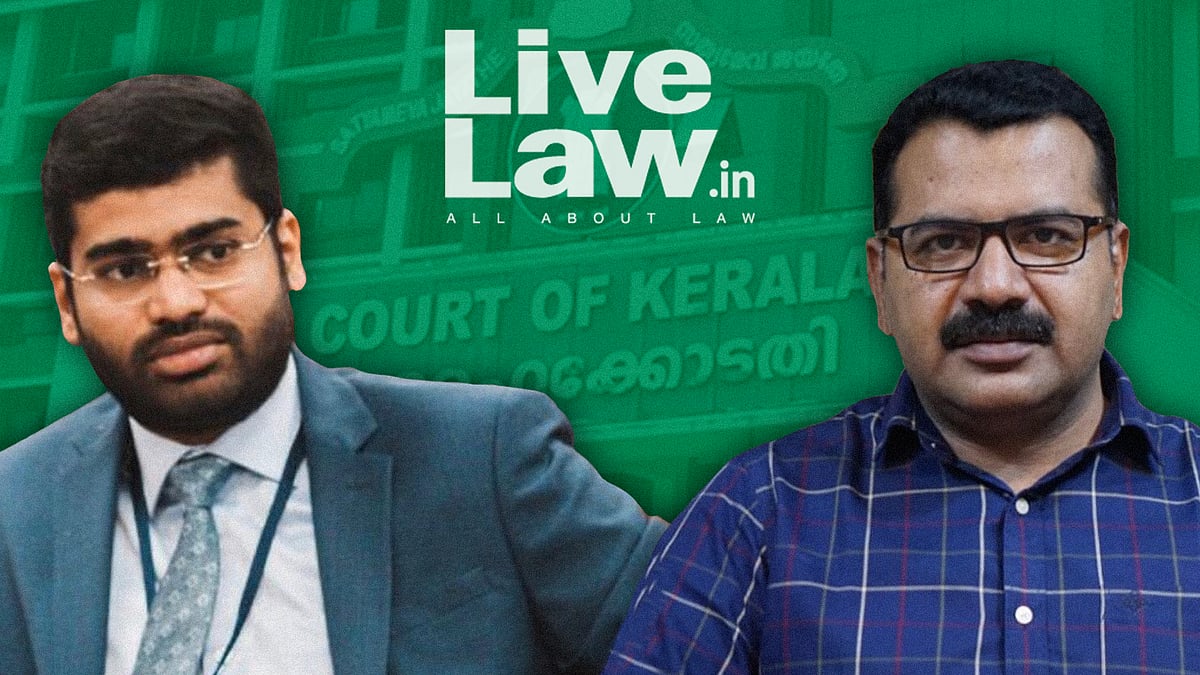Journalist Nikhil Wagle moves high court against 'arbitrary, illegal' new IT rules
In his petition, Wagle said the rules were 'against the law' since they go beyond the remit of the Information Technology Act.
On Wednesday, senior journalist Nikhil Wagle moved a PIL in the Bombay High Court challenging the new Information Technology Rules, 2021 under the Information Technology (IT) Act, Indian Express reported. Seeking a stay on the rules, Wagle, in his petition, described the rules as “arbitrary, illegal” and against the “principle of net neutrality.”
According to Express, Wagle, in his petition through advocate Abhay Nevagi, submitted that the rules were infringed upon fundamental rights under Articles 14, 19 and 21 of the constitution. He said the rules were "against the law" since they go beyond the remit of the Information Technology Act, 2000.
Livelaw reported that Wagle said the Rules provide "unfettered powers to the executive to direct the intermediaries to delete or modify or block the relevant content and information generated, transmitted, received, stored or hosted in their computer resource for public access."
Announced in February and coming into effect in May, the new information technology rules are a sweeping set of regulations framed to regulate social media companies, streaming platforms, and digital news content. They also, for the first time, virtually bring them under the ambit of government supervision.
The rules mandate all social media platforms to set up a grievances redressal and compliance mechanism. This mechanism would include appointing a resident grievance officer, chief compliance officer and a nodal contact person.
Besides, under Rule 4(d) of the IT Rules, all social media intermediaries are directed to submit the compliance reports, which should be published monthly. Yesterday, according to news reports, social media platform Koo became the first Indian social media platform to publish its compliance report under the rules.
The rules have been contested by digital news platforms for not being in consonance with the IT Act, 2000 under which they have been issued. It has been argued that unlike the new rules, provisions of the IT Act do not in any way seek to regulate or control digital news media.
 'Potential to undermine freedom of press': Editors Guild writes to government about digital media rules
'Potential to undermine freedom of press': Editors Guild writes to government about digital media rules Quint files plea against new digital media rules in Delhi High Court
Quint files plea against new digital media rules in Delhi High Court Digital media rules will make it impossible for small outlets to function: Live Law petitions Kerala HC
Digital media rules will make it impossible for small outlets to function: Live Law petitions Kerala HC